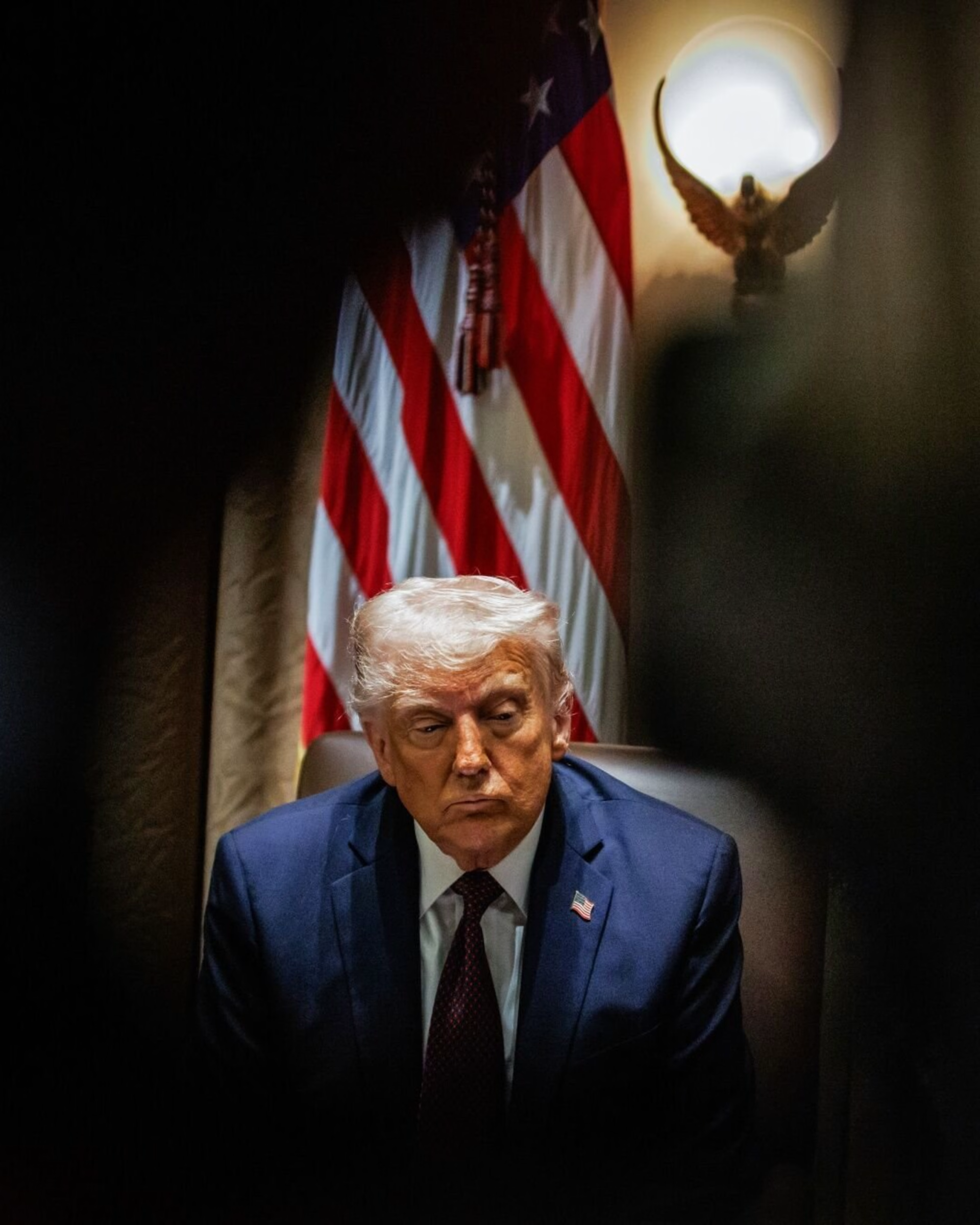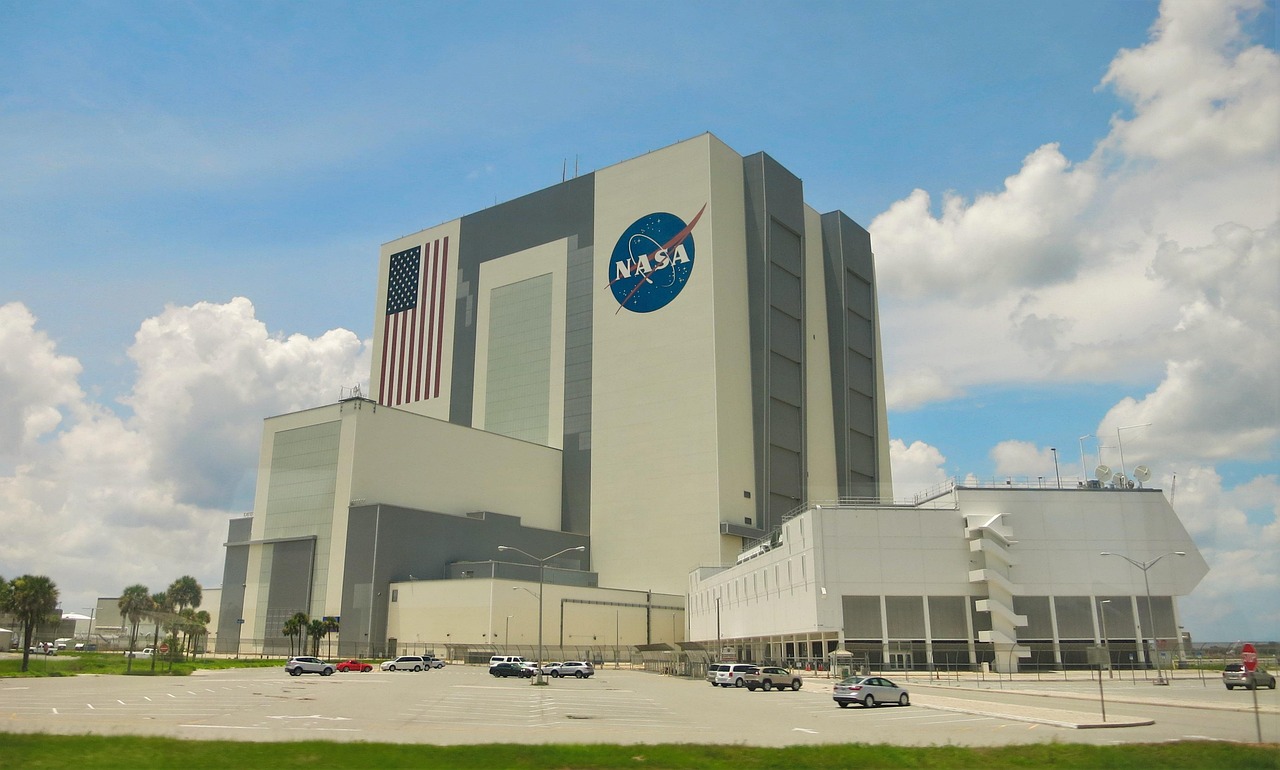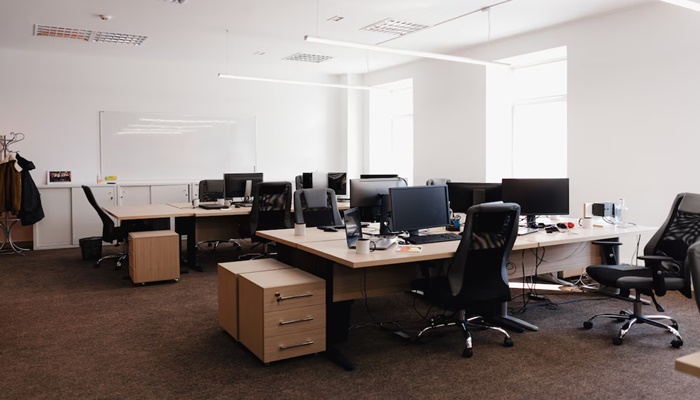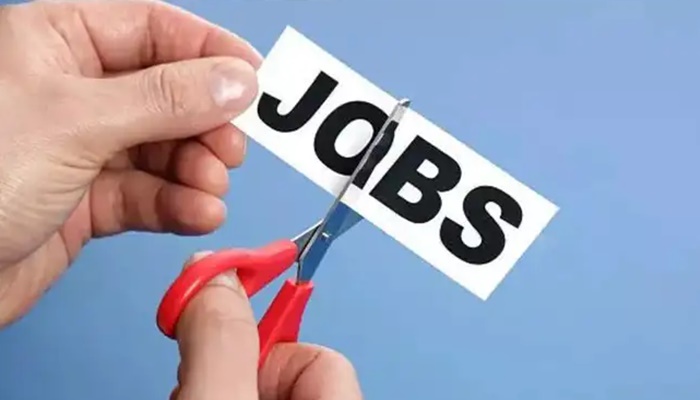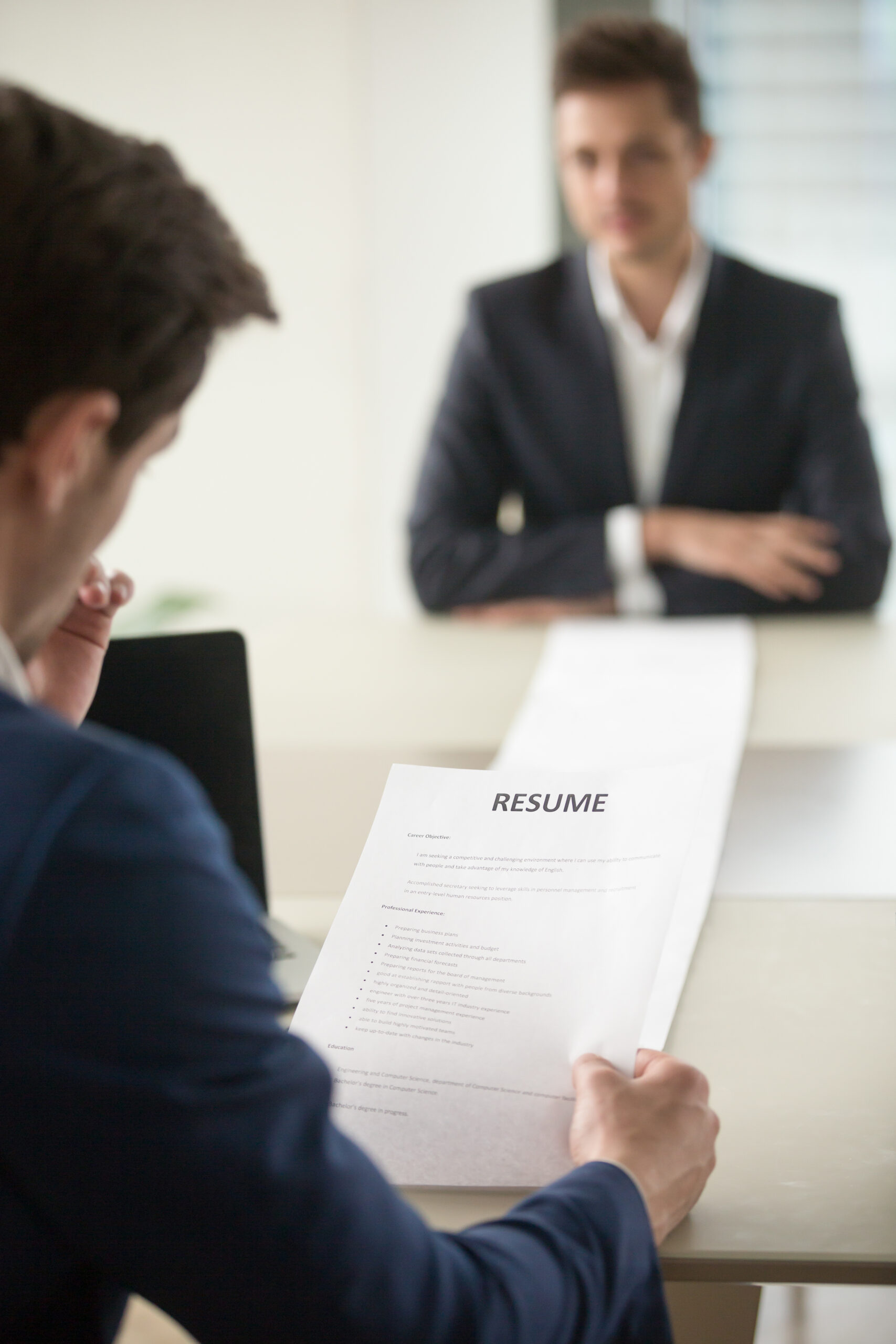Job-seekers could be in for a rougher labor market as a result of the Trump administration’s rollout of new tariffs.
The sweeping tariff policy, which includes a 10% baseline tariff on most countries and steeper rates among certain trade partners, caused markets to drop, factories to pause production, and many businesses scrambling to figure out what the moves mean for their workforce and bottom line.
Debra Boggs, founder and CEO of D&S Executive Career Management, an executive search firm, says U.S. companies may react to new tariffs by slowing their hiring. There have been mixed employment reports that show lower than expected job creation, as well as an unexpected March jobs upside surprise.
The economy added 228,000 jobs in March, according to the latest Labor Department data, driven by new roles in health care and social assistance. This was higher than expected and shows steady employment so far.
But the stronger than expected numbers are “already out of date,” Mischa Fisher, economist at Udemy, said in a statement. Roughly 280,253 federal workers have been laid off in DOGE-related cutting efforts, and sluggish growth in key sectors like information, finance, manufacturing and professional and business services are “a warning sign for the strength of the labor market entering the second quarter,” Fisher said. “And that’s before the tariff announcements.”
What’s more, Fisher said, “hiring has slowed to a level typically associated with an unemployment rate nearly double where it stands now” at 4.2% in March, an increase from the previous month but still near historic lows.
Boggs tells CNBC Make It her clients, who are vice president-, C suite- and board-level leaders, usually spend two to three months in the hiring process to land a new job; these days, that stretches up to nine months of interviewing.
“We’re seeing candidates go through seven, eight, nine rounds of interviews,” Boggs says.
A March survey of 400 firms showed that a quarter of the companies’ chief financial officers said they are scaling back hiring and capital spending plans in 2025 because of tariffs.
Where hiring is stable, and where it’s slowing down
Hiring has remained stable in some industries, including health care and technology, Boggs says. But opportunities in manufacturing and alternative energies like wind and solar power have declined, she says.
Now industries reliant on global trade, including retail and consumer packaged goods, “are all seeming to slow down and really get nervous about what’s coming,” Boggs says.
Some of her clients are senior-level federal leaders now pivoting to the private sector as the Trump administration works to drastically cut the size of the federal workforce. Others, still, are being told their hiring process is being put on hold as companies lose federal contracts and vendors and must re-evaluate their staffing needs, Boggs says.
In some cases not yet related to the tariff news, “we have seen a couple of offers get pulled, which is very rare, and lately it’s been a little more common,” Boggs says.
Boggs describes the experience as awful, heartbreaking and devastating for job-seekers she works with. When a candidate spends months on a promising opportunity, she says, it’s tough to start from scratch when the position gets eliminated or changes.
“It takes an emotional toll,” she says.
“I talked to a gentleman the other day, a high-level executive, who spent 45 minutes on the call just openly weeping with me,” she says. “It affects every facet of their lives.”
‘No one is leaving if they don’t have to’
Boggs’s senior-level clients tend to be currently employed and looking for their “next best thing” or opportunities for career advancement. But “now, no one is leaving if they don’t have to.”
“Then the other side of that is people who have lost their jobs and are in a state of panic about finding the next thing, how long they’re going to be out, how hard it is,” Boggs says. “They’re in a cycle of worry and concern, and that’s affecting their job search as well.”
A demoralizing job search feeds into itself, she says: “If you’re going to show up well in an interview, you need to have a strong sense of confidence and a healthy ego. And if you’ve gotten rejection after rejection, your concern and panic will show up in your job search.”
Boggs says she’s heard that many businesses pausing their hiring decisions now are looking to figure out their plans for the second half of the year, “because we’re kind of saying things aren’t going to bounce back in Q2.”
She’s at a loss of how to coach some clients about what to expect in the future job market.
“It’s so incredibly uncertain and unprecedented. I have no idea,” she says. She encourages job-seekers to not wait out the current market and to understand they’ll have to “do everything you can to compete at the highest level.”
“It’s really hard to help clients through tough times when we don’t now how long it’s going to last,” she says.


